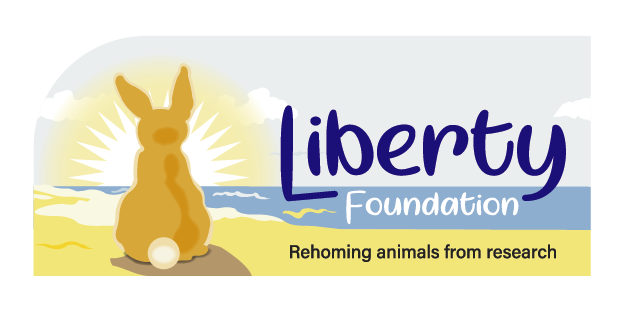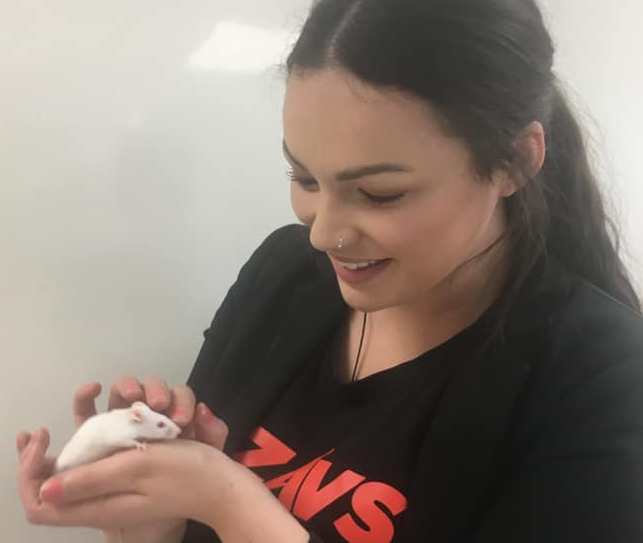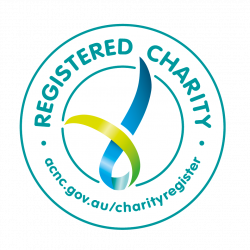The New Zealand Anti-Vivisection Society has been campaigning for mandatory rehoming of animals from research since its major action in 2017 run in collaboration with ‘no kill’ animal shelter Helping you help animals (HUHA).
Thousands of animals are euthanised after being used for research, testing and teaching in New Zealand each year.
Executive director of NZAVS Tara Jackson told Liberty Foundation that after lobbying and awareness-raising, New Zealand’s Ministry for Primary Industries announced that it was going to actively start encouraging the rehoming of animals used in research, testing and teaching.
“Multiple initiatives have since been implemented to support and encourage rehoming,” Ms Jackson said.
“Only time will tell us the extent to which industry members have taken the encouragement of MPI on board.”
Due to the changes, NZAVS were given the opportunity to rehome a group of mice from Massey University.
“Due to our campaign and the progressive views of some staff at Massey University, we were able to change the fate of these mice.
“The mice have now gone on to live amazing lives full of love and happiness. I know this with certainty because I adopted six of these mice,” she said.
Massey University has taken things a step further, and they are now replacing the use of these mice altogether. They have just finished taking video footage of the teaching exercise involving mice (this is non-invasive) so that they don’t need to breed mice for this purpose ever again.
“A big thank you to the team at Massey University who are behind this change, to our teammates at HUHA for tirelessly working to help animals… the future is looking a bit brighter for animals in Aotearoa,” she said.
In further developments in New Zealand, the official reporting process is being changed so that people using animals have to specify how many animals they rehome each year (this wasn’t previously monitored at all) and provide more information on why animals were killed.
“Currently researchers only have to state how many animals were killed, they don’t have to specify why,” Ms Jackson said.
“First, we need to make sure this change actually happens and secondly, once implemented, we need to use this new process to track the success of the campaign and to evaluate whether or not further action is required.”
Ms Jackson reports that NZAVS reached out to industry members during the early stages of COVID-19 to offer our help with rehoming unwanted animals and to encourage that they be rehomed through NZAVS and HUHA rather than needlessly euthanised.
“We will continue sending ongoing reminders in the future to let researchers and other industry members know that there is an alternative option to euthanasia.
“Here I think there is still a lot of hesitancy from the industry to work with organisations like NZAVS and HUHA.
“One of the ways that we encourage rehoming is by publicly praising the institutes that work with us to rehome animals to try and encourage others to follow suit,” Ms Jackson said.
She believes rehoming is not only important for the individual animals’ lives who are saved but their stories can be used to educate people on how animals are used in experimental work.
“I also think that pushing for rehoming holds the industry accountable – the norm shouldn’t be euthanising animals needlessly,” she said.
Even during times of global crisis, there is still much that people can do to help animals in research, from the comfort of their own homes.
“This doesn’t necessarily mean financial support,” Ms Jackson said. “Liking and sharing posts on social media is a free way to support an organisation and NZAVS has produced a guideline on all the ways that you can help animals which you can find at our website.”





